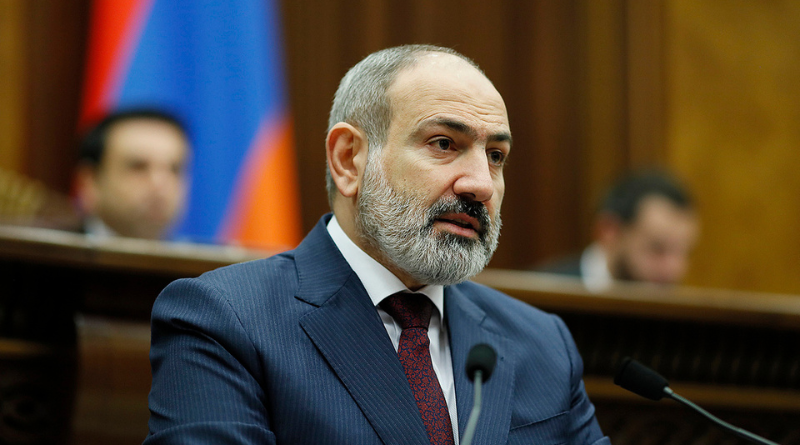
Pashinyan has explained why Armenia is not demanding a constitutional amendment from Azerbaijan
During the discussion of the 2025 state budget in the National Assembly, Prime Minister Nikol Pashinyan stated that Armenia is not demanding a constitutional amendment from Azerbaijan for two reasons.
Pashinyan first addressed Azerbaijan’s claims that Armenia’s Constitution contains territorial demands towards Azerbaijan. He noted that there is no provision in the Constitution, either directly or indirectly, referring to Nagorno-Karabakh.
Pashinyan also spoke about the preamble of Azerbaijan’s Constitution. Which references the Constitutional Act adopted on October 18, 1991. This Act refers to the Declaration of Independence of Azerbaijan’s first republic, adopted on May 28, 1918. The Declaration of Independence of Azerbaijan’s first republic states that the republic includes the Eastern and Southern Transcaucasus.
In November 1919, the Republic of Azerbaijan presented its administrative-territorial map to the Entente, according to which the regions of Syunik and Vayots Dzor, as well as parts of Ararat, Armavir, Gegharkunik, Tavush, Lori, and Shirak of the Republic of Armenia, were included within Azerbaijan, amounting to around 60% of Armenia’s current territory. These references make it clear that Azerbaijan’s Constitution contains territorial claims against the Republic of Armenia.
The Prime Minister added why Armenia is not raising the issue of amending Azerbaijan’s Constitution in this case.
Firstly, such a demand would bring the Armenia-Azerbaijan peace process to a deadlock. Secondly, a clause in the agreed part of the peace treaty between Armenia and Azerbaijan states that the parties cannot refer to their domestic legislation to justify the failure to implement the treaty. Another clause in the agreed part of the peace treaty affirms that the parties recognize each other’s territorial integrity, have no territorial claims against each other, and commit not to make such claims in the future.
Emphasizing the agreed terms of the peace treaty, Pashinyan noted that after signing, it must be ratified by parliament.
The government is required to send the treaty to the Constitutional Court to verify its compliance. If the Constitutional Court determines that the text of the peace treaty does not align with the Constitution, Armenia may initiate constitutional amendments.
